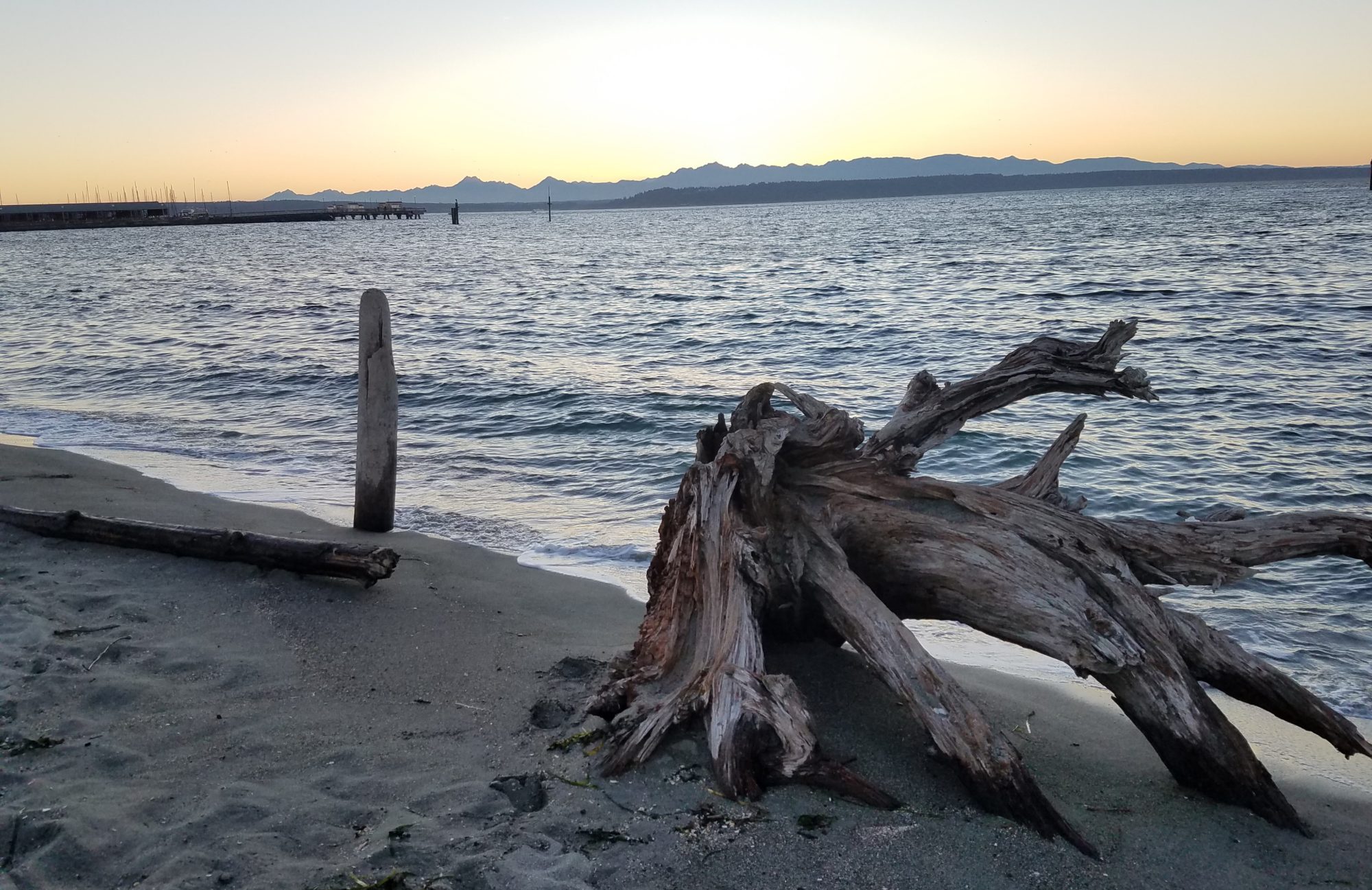In Fr. Richard Rohr’s weekly digest this week they share a timely practice for living in crisis through a spiritual lens.
First, this quote from Pope Francis:
In the midst of crises, a solidarity guided by faith enables us to translate the love of God in our globalized culture, not by building towers or walls . . . but by interweaving communities and sustaining processes of growth that are truly human and solid. —Pope Francis
Spiritual Practice for Crisis
The Rev. Dr. Barbara Holmes offers pastoral comfort and prophetic challenge in times of crises:
The crisis begins without warning, shatters our assumptions about the way the world works, and changes our story and the stories of our neighbors. The reality that was so familiar to us is gone suddenly, and we don’t know what is happening. Where there is no understanding, we create it. When we are anxious about our lack of control, we conjure theories that quell our anxiety. The truth of the matter is that we live on a mysterious planet, with other living beings whose interiority and spiritual realities are just beyond our cognitive reach.
Embodied contemplative practices allow us to meet the challenges that crises bring to our lives. Today, we invite you to try one or more of these practices suggested by Dr. Holmes:
- Breathe deeply and exhale slowly three times.
- Your ancestors survived many crises. What were the crises of their days that required a communal response?
- What is the crisis of your day that requires a communal response?
- Sit for ten minutes. Feel the “troubles of this world.” Breathe deeply, exhaling your sense of helplessness, inhaling Ella Baker’s strength, channeling Rosa Parks’ quiet resolve. (Substitute exemplars as needed, but include one exemplar from a cultural community that is not your own.)
- Remember an instance of oppression against a group that is not yours.
- What, if anything, did you feel called to do as an ally? Did you do it? If you did something in response to the crisis, what did you do and what happened as a result? . . .
- If your community were under siege, what help would you need or want?
Barbara A. Holmes, Crisis Contemplation: Healing the Wounded Village (Albuquerque, NM: CAC Publishing, 2021), 19, 37.


